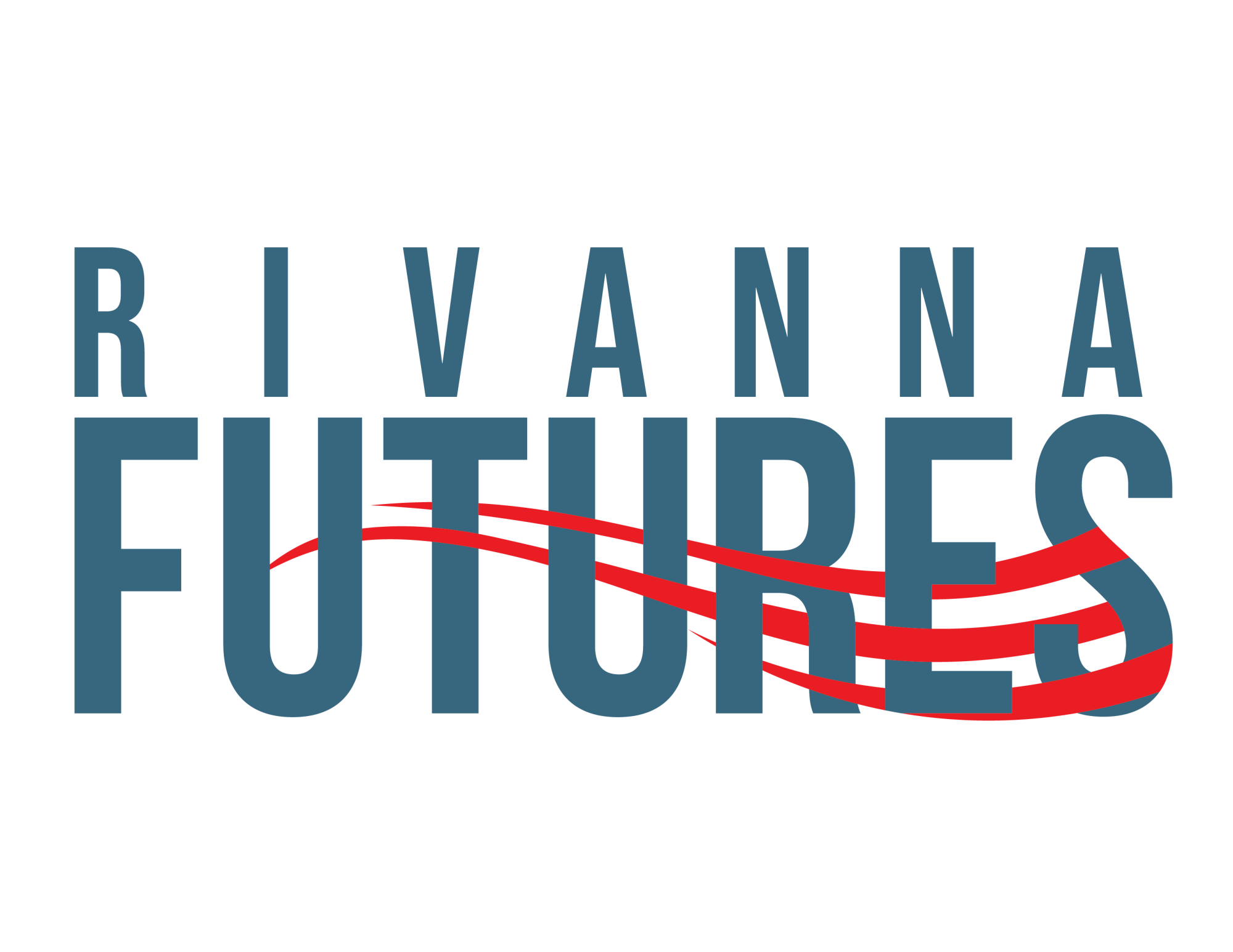The City of Charlottesville’s approach to the use of federal funds from the U.S. Department of Housing and Urban Development is shifting, with Council agreeing twice in the past two months to reprogram money from public infrastructure to private infrastructure.
In February, Council reallocated $215,000 in Community Development Block Grant funds to the Blue Ridge Area Food Bank to pay for new refrigeration equipment and other capital expenses. About three quarters of the funding, or $156,247.20, had been slated for sidewalk improvements in the RIdge Street neighborhood.
This time around, the New Hill Development Corporation received nearly $90,000 to help pay for larger public utility connections for the BEACON commercial kitchen under construction in the Belmont neighborhood. This time around the money comes from funding that was set aside in the last CDBG cycle for public infrastructure but not used, according to Anthony Warn of the Office of Community Solutions.
“We began to scan the community to try to find projects that were related to community benefit activities that were related to public facilities and infrastructure as defined by HUD,” Warn said.

Warn said New Hill Development Corporation did not anticipate the additional expenses incurred after the city reviewed the final site plan for the commercial kitchen.
Council previously awarded $500,000 to the project from the city’s share of American Rescue Plan Act funds, but recently the nonprofit group learned they had designed the project with insufficient capacity to handle the amount of water they’ll use and wastewater they will generate.
“Those increases drove up the price,” Warn said. “This money will help to bridge the gap between the money that is currently available to facilitate this project and the money that is needed. It will directly go to installing the increased water, sewer, and electrical lines that connect to municipal utilities.”
Mayor Juandiego Wade said he was glad to support the project.
“I think that this is going to be just incredible opportunities for many of the incubator, for many of businesses so I’m really excited about this and glad we could see these funds proposed for this project,” Wade said.
Yolunda Harrell, chief executive officer of New Hill Development Corporation, said that many localities often waive the connection fees for affordable housing projects.
“That does not occur with affordable economic development,” Harrell said. “And so those tap fees, we do incur that cost. There was obviously water and sewer and gas already running but what was not known at that time was the volume of what our load was going to put into the infrastructure.”
Harrell said the total additional cost overrun is about $250,000 above the original budget.
No one spoke at the public hearing.
Before the vote, City Manager Sam Sanders said the City of Charlottesville does not waive connection fees. Gary O’Connell, the director of the Albemarle County Service Authority also said in an email that all new development pays to connect to the system.
Before you go: The time to write and research of this article is covered by paid subscribers to Charlottesville Community Engagement. In fact, this particular installment is from the April 1, 2024 edition of the newsletter. This one was also a podcast, but it will not be timely enough to make this week’s radio edition of the program that will air on WTJU at 6 a.m. on Saturday.
To ensure this research can be sustained, please consider becoming a paid subscriber or contributing monthly through Patreon.













